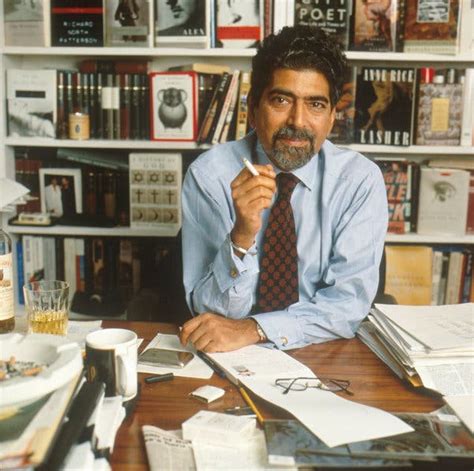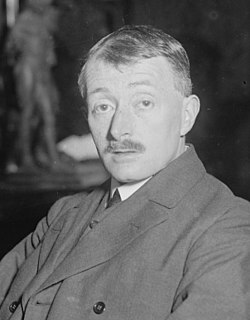A Quote by Jeanette Winterson
Each book is a different staging post on the writer's journey, and each book stands by itself, regardless of the writer's relationship to it.
Related Quotes
You write differently in each book. It may appear to be similar to readers, but you're a different writer in each book because you haven't approached that subject before. And every subject brings out a different prose strain in you. Fundamentally, yes, you're contained as one writer. But you have various voices. Like a good actor.
I first heard the term "meta-novel" at a writer's conference in Tulsa, Oklahoma. The idea is that even though each book in a series stands alone, when read collectively they form one big ongoing novel about the main character. Each book represents its own arc: in book one of the series we meet the character and establish a meta-goal that will carry him through further books, in book two that meta-goal is tested, in book three - you get the picture.
My fear is you have to be careful as a writer to not get caught up in social media and blogging, because it can start to feed into your writing time. When you are writing a book, it's such a long journey where the payoff is way at the end, sometimes years away. The payoff of the blog post is today. You get the reinforcement, comments or "likes" immediately. It's appealing. You have to be patient with the book.
Think of a book special to you, and how much bleaker and poorer your life would be if that one writer had not existed - if that one writer had not, a hundred times or a thousand, made the choice to write. You're going to be that one writer one day for somebody you may never meet. Nobody can write that book you're going to write - that book that will light up and change up a life - but you.
Some writers are writing one great, big book and just taking all these different avenues towards it. They might seem on the outside to be different, but they're really not. And that's a different kind of mindset. I don't know why it is, but I just feel like I really want to escape myself as much as I can - myself as the artist, or as the writer, or as the thinker - with each new project, because one, it's just boredom, but also, I guess I just feel most comfortable starting a new book if I just feel a little in the dark about it.






































